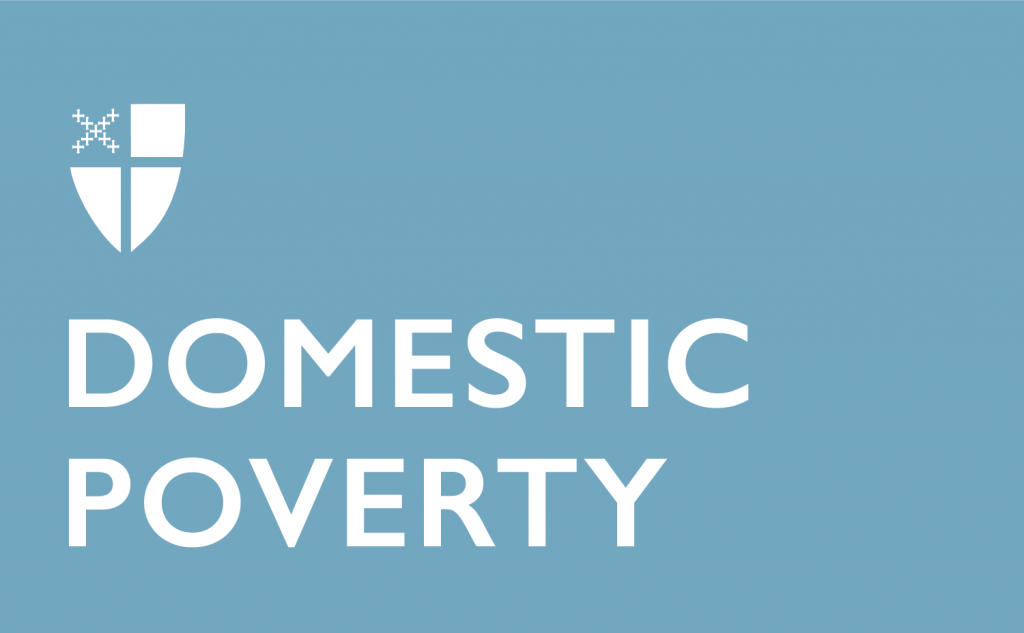Food Bank Farm: Lenten Series
“… for I was hungry and you gave me food” Matthew 25:35 (NRSV)
Bounded on the west by the waters of Puget Sound and on the east by the Cascade Mountain range, the terrain of King County, Washington was shaped by glaciers that deposited fertile soil and carved lush river valleys. Warmed and watered by currents of the Pacific Ocean, the area’s native vegetation — salal, berries, nettles, fiddleheads, hazelnuts — sustained generations with natural abundance.
Today, King County enjoys a new kind of abundance. Home to tech companies like Amazon in Seattle and Microsoft in Redmond, the county is attracting a huge influx of wealth and investment, and is currently experiencing the second-fastest rate of growth of all counties in the U.S.
But in the midst of the county’s natural and financial plenty, there’s scarcity.
Here, the number of people experiencing hunger remains higher than pre-recession levels: Approximately 305,000 children in the state of Washington live in food insecure households, and 19.5% of families with children experience food insecurity. This means that in about one of five families, parents go hungry so their children can be fed — and sometimes, everyone goes hungry.
And in those places where the county’s poor can afford to eat, their options for healthy food choices are limited. Recently, the USDA identified 17 “food deserts” in King County, “urban neighborhoods and rural towns without ready access to fresh, healthy, and affordable food.” These are areas where 20% of the people earn below the poverty line and 33% live more than a mile from a supermarket. In place of markets where fresh, nutritious food is offered, the landscape of these food deserts is dotted with convenience stores and fast food outlets. The USDA concludes, “The lack of access (to fresh foods) contributes to a poor diet and can lead to higher levels of obesity and other diet-related diseases, such as diabetes and heart disease.”
Jesus charges his disciples to feed his sheep. That’s our mandate. But how do we do this in King County, where the paradoxical epidemic of hunger and obesity is immense?
One answer lies in connecting the financial and natural resources God has planted here.
Holy Cross Episcopal Church sits in one of the wealthiest census tracts in the county, in the hills of Redmond, which is also home to Microsoft’s corporate headquarters. The growing congregation includes many parishioners who have relocated to the Seattle area, recruited by the local technology boom. And its rector drives a tractor.
Frederick Buechner says, “The place God calls you to is the place where your deep gladness and the world’s deep hunger meet.” Holy Cross rector Fr. Jim Eichner can interpret this quite literally. Raised on a farm in Wisconsin, Jim brought to Holy Cross his passion for creation stewardship. Fr. Jim’s “deep gladness” lies in cultivating the earth — sowing and growing — and directly meets the world’s deep hunger in King County. Jim drove his tractor into the heart of the county’s hunger epidemic, and brought his congregation with him.
Holy Cross’s Food Bank Farm ministry began in 2011. Twelve volunteers from the congregation worked in partnership with Seattle’s inner city New Hope Missionary Baptist Church’s Clean Greens ministry, growing 3,750 pounds of food, for 5,000 servings valued at $5,625. That 2011 harvest was sold inexpensively at farm stands in Seattle’s urban food deserts, distributed via free boxes of produce to families in need, and donated to local food banks.
The Food Bank Farm ministry’s mission is “to end hunger in the Pacific Northwest by growing fresh produce for area food banks,” and its ambitious goal is to raise a million pounds of nutritious fresh produce for area food banks by 2021. They’re well on their way.
The congregation now cultivates an eight-acre tract in King County’s Snoqualmie River Valley, and the work has grown beyond just Holy Cross. Other congregations, organizations like the Scouts, even businesses that sponsor employee volunteer time off, such as retailer Nordstrom, have worked in the ministry’s fields. Many contributions come in via United Way and the Microsoft matching program. In 2014, over 700 people harvested 111,000 pounds of produce, providing 457,760 servings valued at $167,160.
The 2015 planting begins the second week of Easter, with plans for sowing 30,000 squash seeds. By the final harvest in November, volunteers will log over 1,500 hours of work.
Can the congregation meet their lofty goal of ending hunger in the Pacific Northwest? It is Holy Cross’s corporate vocation, and there is a power at work within them that is able to accomplish far more than they can ask or imagine. Please support their ministry in prayer.
King County’s hunger rates parallel national averages — there are hungry people where you live. Even one hungry child is a community crisis, and we are all called to act. Maybe you won’t find a rector on a tractor in your community, but there are local, national and global organizations that can channel your gifts, talents and resources to help end hunger. That same power that is able to accomplish far more than you can ask or imagine is at work within you, too.
Almighty God, we thank you for making the earth fruitful, so that it might produce what is needed for life: Bless those who work in the fields; give us seasonable weather; and grant that we may all share the fruits of the earth, rejoicing in your goodness; through Jesus Christ our Lord. Amen. (BCP, Prayer for Agriculture)
This post was originally posted as a part of the Episcopal Public Policy Network’s Lenten Series: Enagaging Poverty at Home and Around the World. This piece was written by Elizabeth Stewart Sinclair, a parishioner of Holy Cross Episcopal Church in Redmond, WA.

